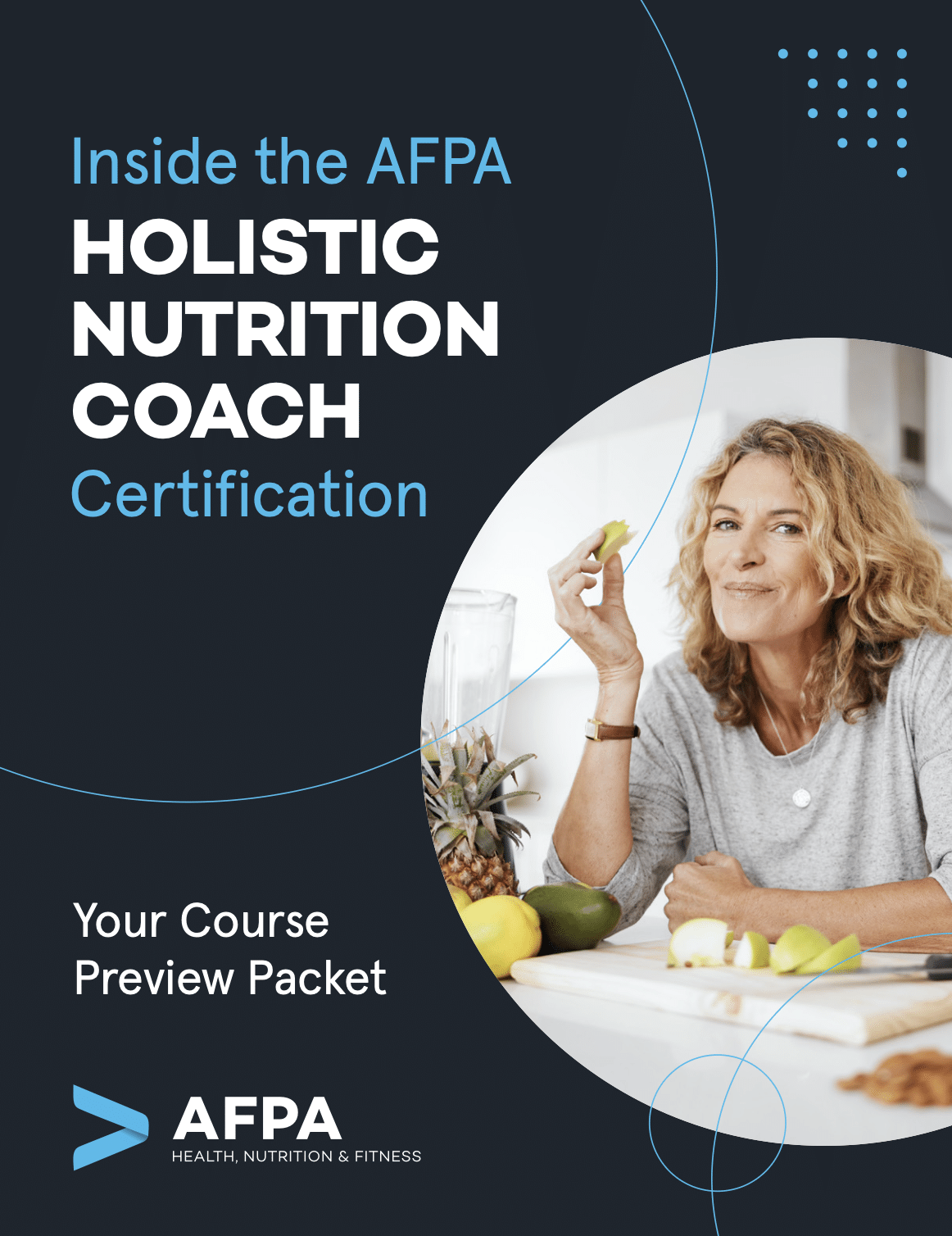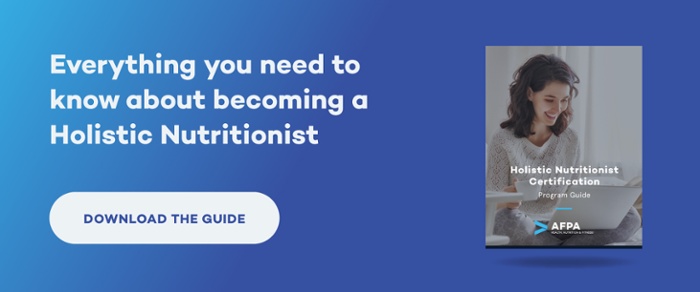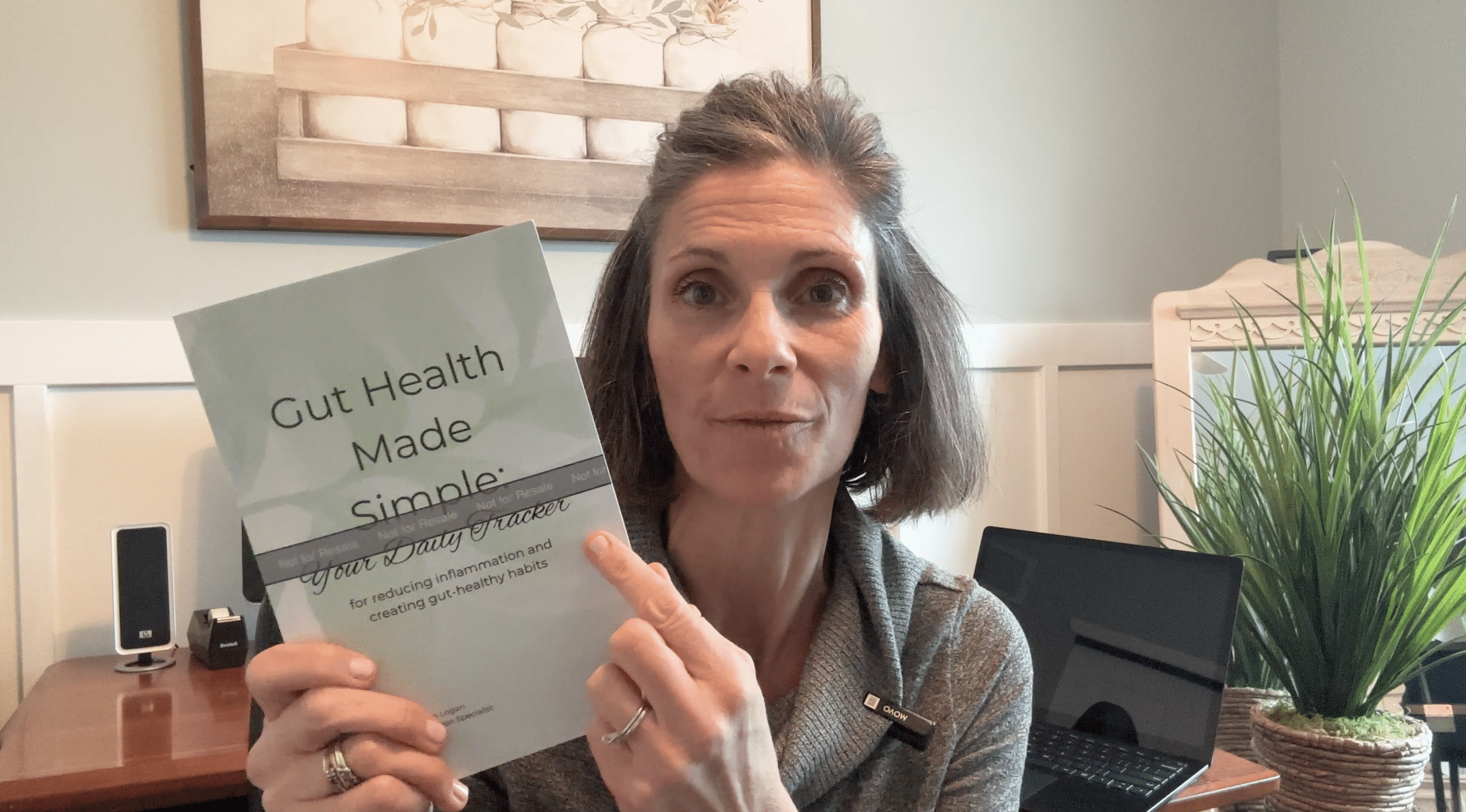Every nutritionist is invested in the health of his or her clients—after all, most choose the profession as a way to make a difference in the lives of others and encourage better lifestyle behaviors.
It seems natural, then, that nutritionists would be asked about other changes that might complement their advice on meals, nutrients, hydration, and other dietary shifts. It’s especially likely that clients will ask about fitness, because many people try to increase their activity while making good meal choices, and they want to know how one might affect the other.
Nutrition and fitness go hand in hand, but if you’re not a certified fitness trainer, are you allowed to talk about exercise? The answer is yes, but there are some limitations to keep in mind.
Keep It in Context
As a nutrition professional, you already know about some subjects that overlap when it comes to food and fitness. For example, you can probably talk about metabolism and energy expenditure, and how yo-yo dieting can slow metabolism in a way that can’t be changed through cardio workouts.
Keeping your advice in the context of nutrition is a safe way to talk about activity, making sure to connect the two topics to each other. You can address fitness-related food questions, such as what to eat before a workout or whether high-protein diets have been shown to improve athletic performance.

Take a Peek Inside AFPA’s Holistic Nutrition Coach Certification
Curious what it’s really like to study holistic nutrition at a professional level? Get the free course preview and see the actual learning modules, frameworks, and real-world coaching applications that prepare AFPA graduates for success.
What to Avoid
By sticking to nutrition-related advice for fitness, you’ll stay in the realm of your profession. You can also talk anecdotally about fitness efforts that are working for you, personally, as long as you aren’t prescriptive about their benefits for clients. For instance, you might discuss how strength training is helping you or other clients gain lean muscle mass, but you should stop short of directly recommending that a client pursue that option.
You should also avoid designing any kind of workout plan or exercise program if you are not trained to do so. Although plenty of these exist online and clients can cobble together their own plan or follow a fitness guru’s “30-day shred program” or something similar, you should think twice before advising clients to try these out. Without a credential related to fitness, you could be opening yourself up to a liability issue, even with something as innocuous as a link to a online workout program.
This is when a partnership with a fitness professional can come in handy. Many nutritionists and personal trainers have teamed up to answer questions for clients and provide more robust services without the liability concerns that come with treading into each other’s specialties.
Boost Your Knowledge
Navigating what to say and when to refer to a personal trainer or physical therapist can be tricky. It’s easier if you’re interested enough in fitness to get an exercise-related certification yourself.
These certifications are available in a range of specialties and can pair well with your existing nutrition practice. For example, if you mainly have seniors in your client base, consider getting a fitness certification that focuses on that population and their needs.
As a nutritionist, getting a fitness-related certification is an ideal way to bolster your knowledge about how physical activity is connected to nutrition, which can help you make even more informed choices in client plans. You’ll also have the confidence that comes with earning a certification.
You don’t need to become a personal trainer—unless you want to—in order to give fitness advice as a nutritionist, but having a solid, evidence-based education in fitness topics can expand your opportunities to attract new clients, retain existing ones, branch out into new areas, and give well-rounded lifestyle advice that blends nutritional topics and exercise advice.
To learn more about AFPA’s Master Level Nutritionist Program Guide, visit our programs site.




